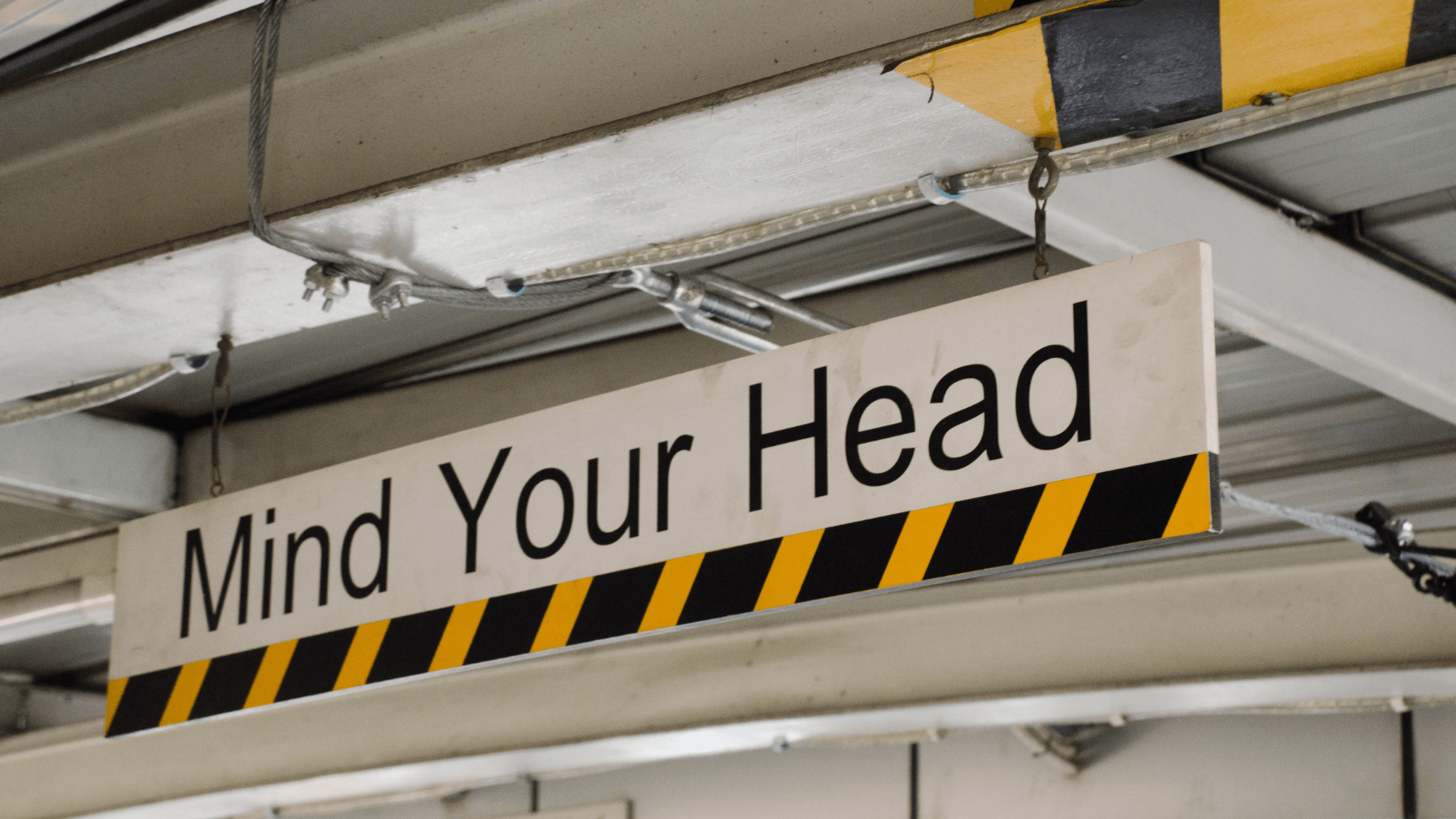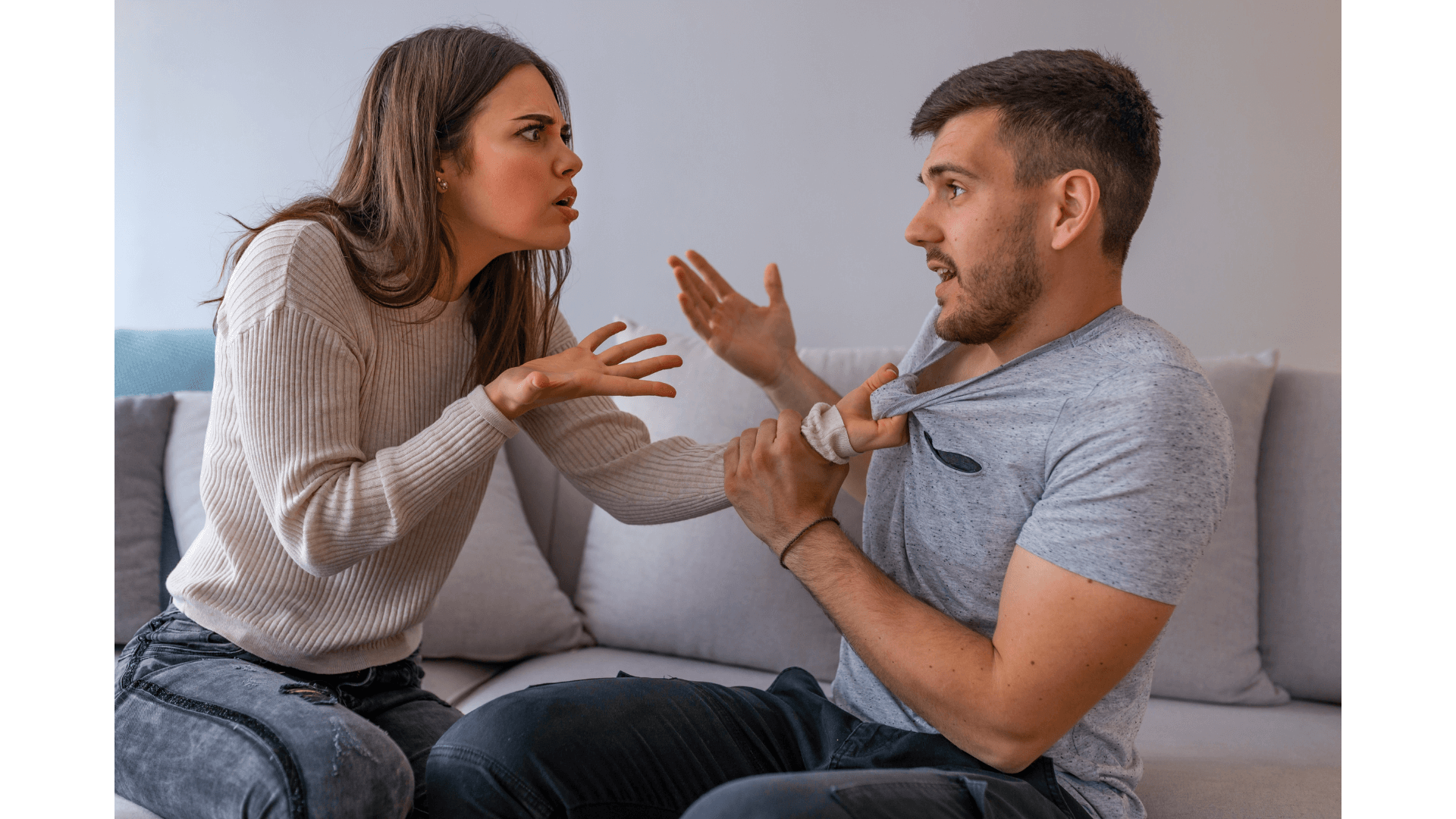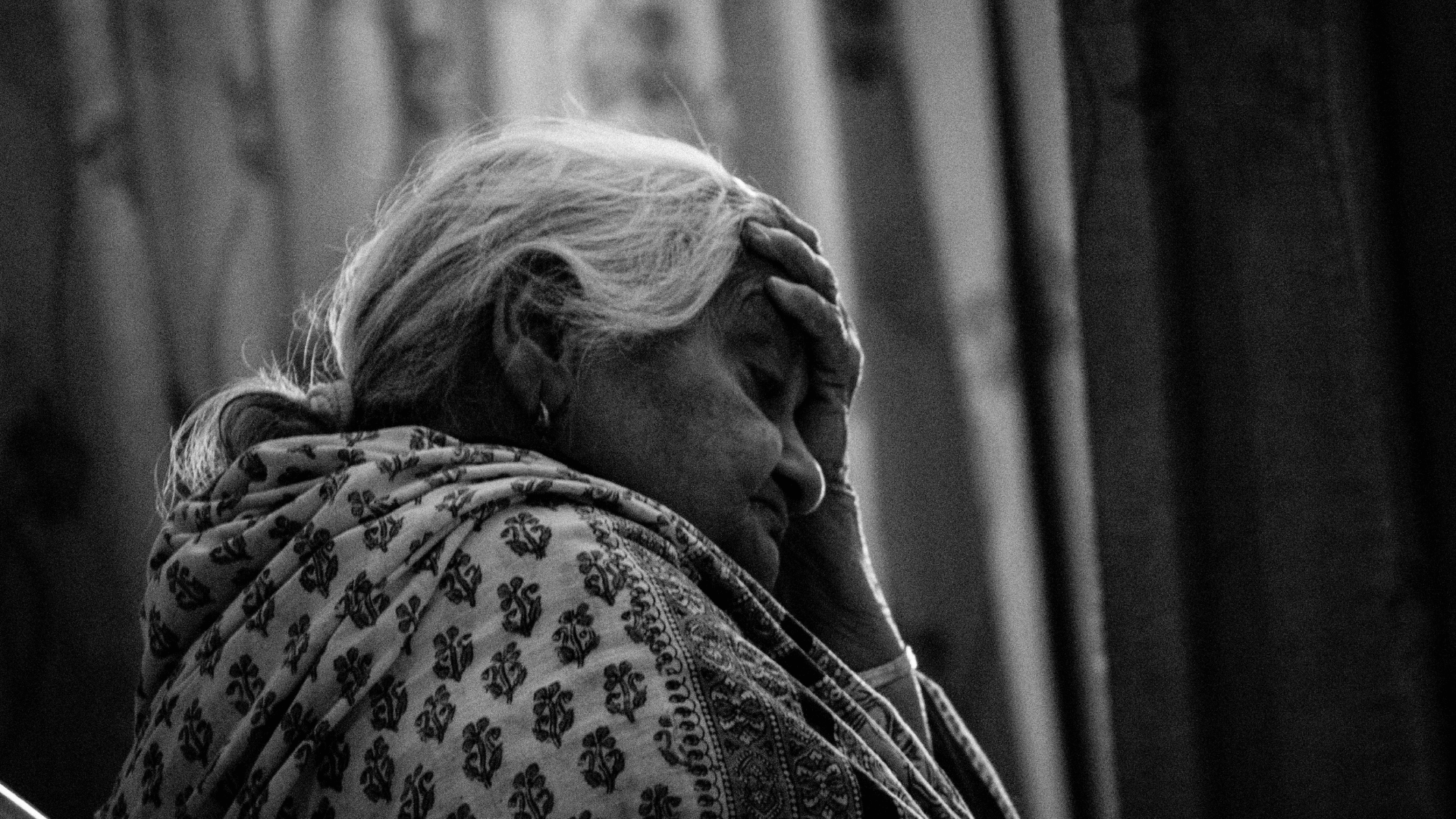I hate cancer. Of course, I’m not aware of anyone who loves it.
This past week one of my former students died. Daryl Summey was in my youth group at St. Andrew Baptist Church in Panama City, Florida, back in the mid-80’s. He and his brother Chip were pillars of the group. And his parents Delbert (Ace!) and Carol were some of my staunchest encouragers. Daryl acknowledged a call to vocational ministry, and found the highest calling – student/youth ministry. He was serving First Baptist Church, Eastman, Georgia, before God called him home.
I prayed for Daryl daily. I’m still praying for his family. Daryl died of cancer. I hate cancer.
Right now, a local pastor friend of mine, Lee Faler, is dealing with the cancer of his son, Rankin. Rankin has an inoperable brain tumor. The fleshly prognosis is not good. I pray for their family daily.
I could go on, but you know what I mean. I’ll bet that you or your friends or family have all been touched by this insidious disease.
Yesterday I had a squamous cell carcinoma sliced off the top of my head. I’ve had a couple of basal cell carcinomas scooped out, too. These are absolutely no big deal … I guess if you ignored them, they could get nasty. Still, cancer is cancer. I hate cancer.
A few years back the urologist found a renal cell carcinoma in my left kidney. He went in with one of those wonderful robotic gizmos, sliced it out, ground it up, sucked it out, and I’m good to go. No chemo, no radiation, none of that. One and done.
In a very technical sense, I guess I’m a cancer survivor, although at no point was my life in any danger with any of these, because I dealt with them early on, and they simply weren’t “that bad.” Still, when you say the “C” word, it gets your attention.
But, the reason I hate cancer is because it’s a sign of rebellion.
This link talks about this.
In layman’s terms, cancer occurs when some of the body’s cells grow abnormally and spread to other parts of the body. Abnormal or damaged cells grow and multiply when they shouldn’t. Not good.
There are over 100 kinds of cancer and, as I’ve noted, some are much worse than others. Some are treatable and curable if caught early. Some – well – if you’re diagnosed with them, you might as well make or revise your will.
Back to the rebellion thing: Think about this. Your body turns against itself. I know that heart disease kills more people than cancer, but it’s sort of predictable, y’know? It’s not as “sneaky,” if you will.
I hate cancer. It’s taken some fine people I love away from me.
It occurred to me, though, that cancer doesn’t necessarily have to be physical.
Consider this: there is mental cancer. As I’m writing this, the world is abuzz about Simone Biles who has withdrawn from individual all-around gymnastics at the Tokyo Olympics to focus on her mental well-being. Responses have been mixed, to put it lightly; I just read an editorial that slammed her for abandoning her team and her county. And I’ve read how what she did was heroic.
I won’t wade into that, other than noting that if she’d withdrawn because of appendicitis, how she’d be viewed would be totally different. Mental health – still – is viewed differently from physical health. Having my own issues with mental health makes me a bit more sympathetic, perhaps.
Fact is, though, that mental cancer might present itself in such a way that a person like Simone is dealing with a struggle she simply can’t manage without intervention and help. Lord, y’all, she’s already proven her strength and mettle. She is not a quitter. But this one just sidelined her, and I’d wager this has been building for some time.
Her mind has rebelled. I hate cancer, and I hate this.
Emotional cancer? There may be such a thing. I’m aware of an individual who has a hair-trigger temper, and it expresses itself volcanically. It’s ugly, and it’s scary. And if you were to question him, he’d say that he literally goes out of control.
In other words, his emotions have overcome him. They’ve rebelled against what should be his even-keeled nature.
Oh, and spiritual cancer. That’s a thing, too.
Christian believers often, purposefully and methodically, rebel against God. I hate cancer, and I really hate this kind.
Sin is cancer.
There may be other kinds of cancer – think about what financial cancer might look like, or vocational cancer, or maybe even relational cancer. You could make a long list about how rebellion manifests itself.
But back to Daryl – there’s no question that he was prayed for, earnestly and consistently. And God did heal him – but in Daryl’s case, God chose the ultimate healing. Daryl is healthy, pain-free, and walking with Jesus forever.
So. If you identify with any of these cancers I’ve mentioned, guess where healing comes from?
God, the Great Physician, is ultimately the source of all healing. He has all sorts of tools to make folks better – medicine (maybe vaccines, and yep, I said that), counseling, pastors, friends, families, and many more.
It comes down to one big question, though:
Do you want to get well?
Here’s an example. Let’s say you’re diagnosed with melanoma. It’s visible because it’s on the skin. And it can go all metastatic on you, spreading all over. But, caught early, it doesn’t have to be a death sentence.
Imagine, though, that a dermatologist finds a spot on your arm, and the pathology identifies it as melanoma. And rather than getting treatment for it, you say, “You aren’t touching that. It’s MY cancer. I’m gonna nurture it, and love it, and watch it grow.”
I know. Right? Hardly. You’re gonna deal with that sucker.
If you hate cancer, you will seek treatment. The issue, though, is that we tolerate other cancers or ignore them. Mental, emotional, spiritual – you follow me?
Don’t allow something to take root in your life and gradually eat away at you. Get the help you need. God meets those needs, and He has all sorts of ways of dealing with your cancers. It’s not you being weak by seeking help; it’s you being smart.
I hate cancer. But there is a cure.
Be well.






